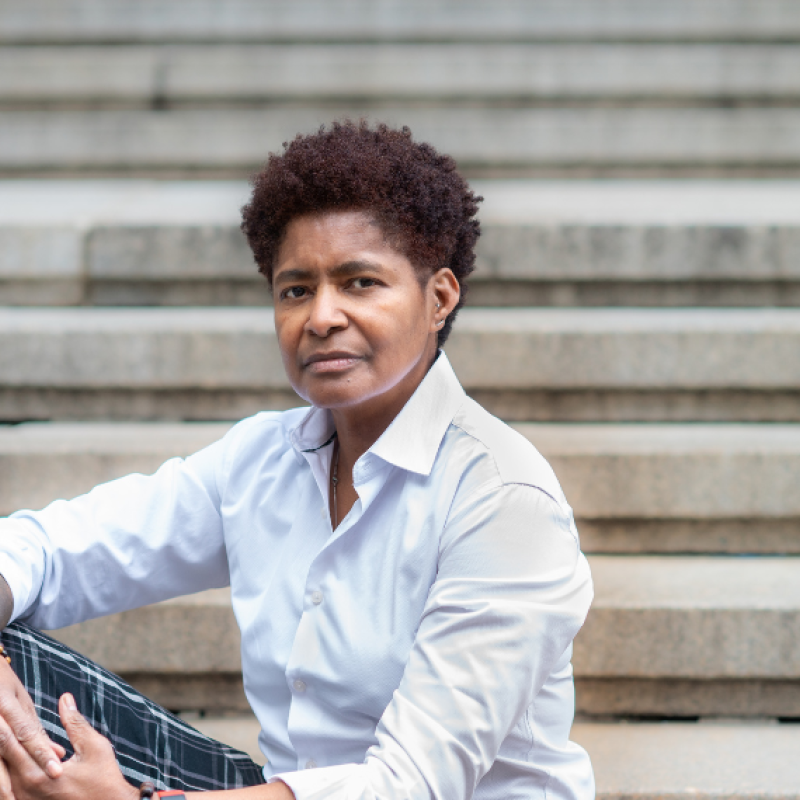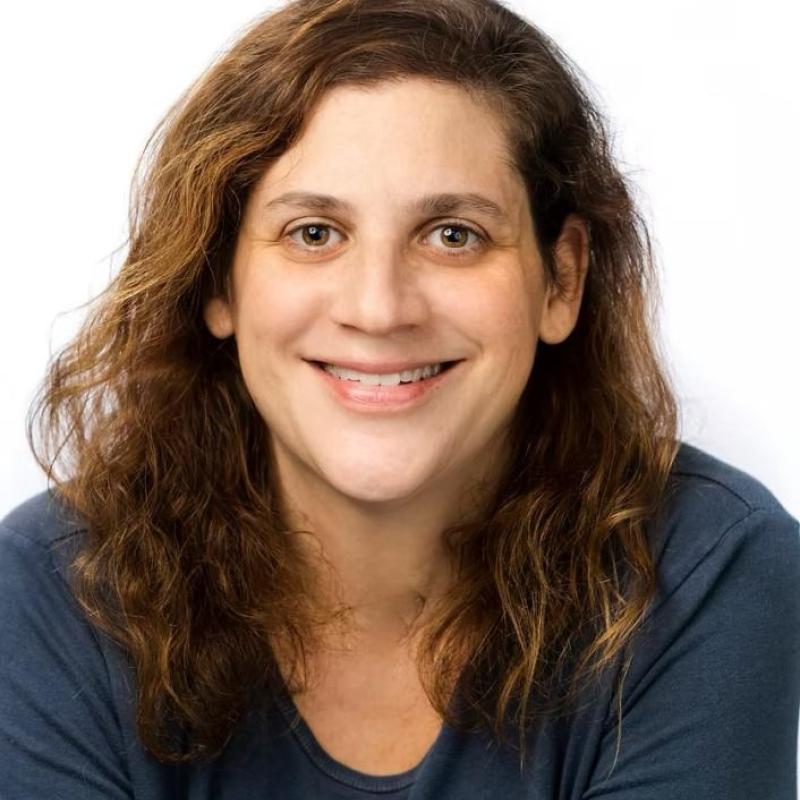To each and every valued member of our SSW community:
The last 5 weeks of Term 1 have been extraordinary. We continue to live through and hold the pain of egregious acts of hate and violence here in the United States and around the world. In the past many days, there have been mass slaughters of the LGBT community in Orlando and of Muslim families in Jordan, Yemen, Turkey, and Bangladesh. This week, there have been two more Black men, Alton Sterling in Louisiana and Philando Castile in Minnesota, who were fatally shot in acts of police brutality. These are the events that we know of through the media. Countless others have occurred as well.
We have held the knowledge and pain of these events while unpacking and discussing how racism, homophobia, transphobia, and oppression exist within our own School’s policies and procedures, and in our own lives. We have done this while teaching and learning in classrooms, in meetings, over meals and coffee. For many of us, our feelings have moved between outrage and numbness, a readiness to act but an uncertainty or fear about how to move forward.
As we enter this break period, I want us to find ways to hold hope even through these difficult times. Here in the School, we do have a very special community, imperfect as it is, because we are willing to look and to change. We are evolving our organization moving it toward greater anti-oppression practice and we are doing it together in collaboration. This is how the antiracism commitment looks– to continuously evolve, to name oppression, address it, and do it again as new measures are required.
When we come back from break, we will move ahead putting our agenda for change at the School into action. We also will identify the ways that we will leverage our influence as the leading clinical social work school in the country to rise as a powerful ally in pushing for social change in the world.
In 2002, a beautiful quilt was sewn to honor our commitment. In that year, social work students had written messages on strips of cloth speaking to the impact of oppression in our lives. These painful brief narrations were sewn together to make the quilt, which has become a symbol of the power and strength of our community when we work together to address oppression.
This week, our quilt was rehung in the first floor of Lilly Hall now that renovations in the building have been drawing to a close. Our quilt is a timely reminder that we can do this. We will do this. It has already started.
I am wishing you all a restful, restorative, and joyous break.
Marianne RM Yoshioka, PhD, MSW
Dean and Elizabeth Marting Treuhaft Professor
Smith College School for Social Work


